
Mycophenolate is a potent immunosuppressive agent usually prescribed to people who have had organ transplantation. The drug per se acts against organ rejection by inhibiting an enzyme essential for the growth of T and B cells. Initially, mycophenolate was in the form of the prodrug mycophenolate mofetil (MMF) while today the active substance is a component of salt mycophenolate sodium.
Mycophenolate Helps with Organ Transplantation
Mycophenolate is indicated in patients who have undergone organ transplantation. The drug acts against the immune system which cannot accept the foreign organs and instinctively produces antibodies and specific cells ready to attack the new organ and precipitate its rejection. It is, for example, prescribed to patients with heart, kidney or liver transplants.
Mycophenolate is available in the form of capsule, tablets and delayed-release tablets. It may also be liquid (suspension). Mycophenolate is taken twice per day exclusively on an empty stomach unless patients are instructed differently. It is best to adopt a routine in drug intake and make sure that the following dose is never taken until 12 hours from the first one have passed. The most important thing is to follow doctor's orders and if there are any doubts to consult him/her as soon as possible.
There is a difference between tablets or capsule of mycophenolate and delayed-release tablet. These should never be replaced with each other since this might result in adverse effects. What is more, tablets and capsules as well as delayed-release tablets are supposed to be swollen whole and never chewed or crushed. As for suspension of the drug it must not be mixed with other medications in the liquid or solid form. In case suspension accidentally gets in contact with the skin, the affected area needs to be washed thoroughly with water and soap. Similarly if the suspension enters the eyes, these should be washed only with plain water.
The drug is efficient as long as it is taken. Once discontinued the rejection of the transplant again becomes a possibility. One is never supposed to discontinue medication on his/her own but instead consult the health care provider in advance.
When comparing mycophenolate and other immunosuppressants such as azathioprine, for example, the drug appears to has drastically higher incidence of diarrhea. On the other hand, there is no difference regarding the risk of other adverse effects. Mycophenolate is not cheap. As a matter of fact it is fifteen times more expensive compared to azathioprine.
Risks Associated with Mycophenolate
The drug is contraindicated in pregnant women, those trying to conceive and breastfeeding women. It is also supposed to be avoided if there is a scheduled vaccination. Mycophenolate is never prescribed together with azathioprine and in patients suffering from kidney diseases, phenylketonuria or the rare hereditary deficiency of hypoxanthine-guanine phosphoribosyltransferase and may not be suitable for individuals with stomach problems.
Adverse effects of mycophenolate typically include nausea, vomiting and diarrhea. The drugs interferes in production of blood cells so it is clear that it may trigger leukopenia but also precipitate anemia. Immunosupression makes patients susceptible to infections.
Apart from the mentioned the drug may be blamed for fatigue, headaches and sometimes cough. Rash, loss of appetite, flatulence and weight loss may occur as well. If administered intravenously, mycophenolate precipitates inflammation of the veins and blood clot formation.
In rare instances mycophenolate might trigger inflammation of the esophagus/stomach and gastrointestinal bleeding. In people who contract cytomegalovirus during immunosuppression the very infection may be rather invasive and severe. And finally, in extreme and definitely rare cases the drug is associated with the onset of pure red cell aplasia.
Patients get fully informed about potential reactivation of latent infections due to immunosupression. For instance, their herpes simplex virus infection can easily reactivate once the treatment begins. Also, these individuals are prone to opportunistic infection, the ones that do not occur in people with strong immune system. Scientists are currently investigating patients who have developed rare neurological disorders during the treatment. Some of these neurological disorders are fatal. The goal of the research is to determine whether the immunosupression triggers such conditions or they are connected with the drug.
It is of utmost importance to immediately report any sign of infection or hypersensitivity, unexpected bruising or bleeding.
In order to prevent some side effects and maintain optimal levels of the drug in the body doctors recommend regular blood tests. Some adverse effects might be also evaded if one abstain from sun exposure, wears protective clothing or uses sunscreens with high sun protective factor.
All in all, mycophenolate is a powerful immunosuppressant. It is only allowed in adults and children older than two years. The doctor decides on the dose and the form of the drug. He/she monitors patients on a regular basis.
And finally, we should mention other indications of this drug. Mycophenolate is recommended in people suffering from psoriasis, small vessels vasculitides, immunoglobulin A nephropathy etc. There are many more potential uses of the drug which are yet to be discovered.


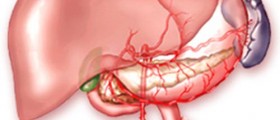


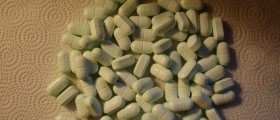


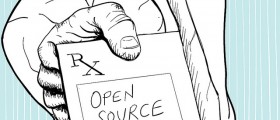
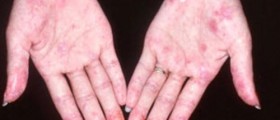





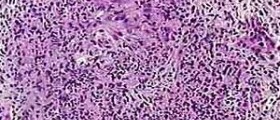

Your thoughts on this
Loading...